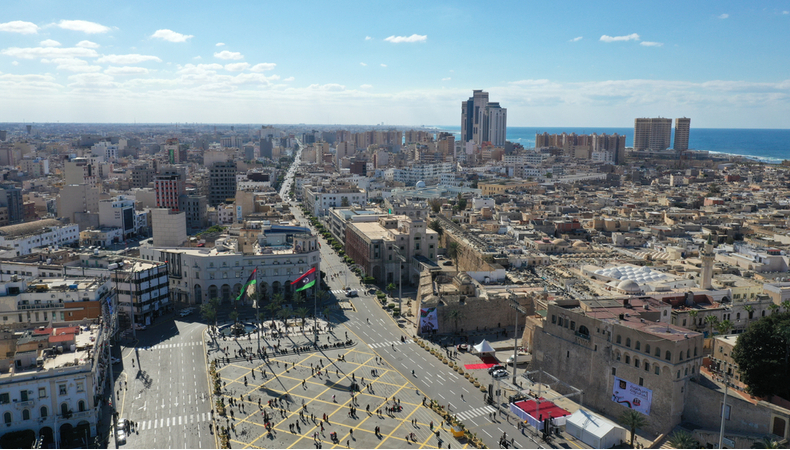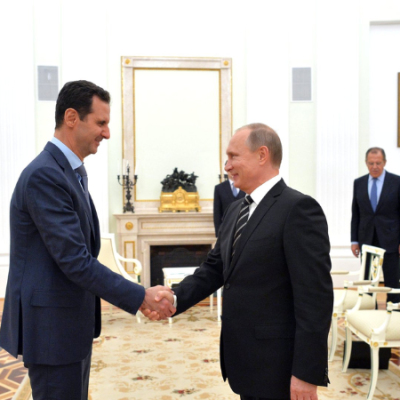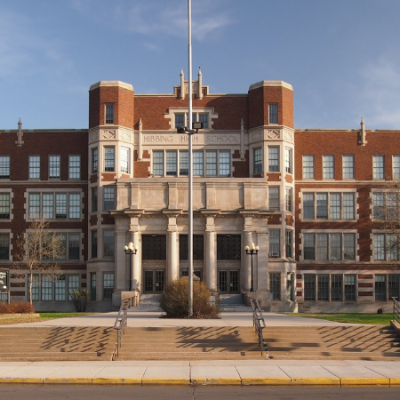The new government of Libya towards trust, suspected corruption reports are emerging

Vice-President of the Libyan Parliament, Fawzi al-Nuwairi, called on Members of Parliament to answer the call made by the Speaker of Parliament Agelah Saleh to trust the proposed government, to prioritize the country’s supreme interest and to end the state of division in institutions.
Al-Nuwairi said in a press release released on Monday that “popular acceptance of the new authority depends on the extent to which it provides security and stability and solves the problems facing Libyans.” The vice president felt that the success of the new government in the tasks entrusted to it depends on the moral and legal commitment of the international community to support it and on the attempt to pave the way to limit all foreign interference and facilitate the exit of all foreign military and mercenary forces from Libyan territories.
Preparations continue in the city of Sirte to receive delegations of parliamentarians and the government participating in the parliamentary session scheduled to give confidence to the government of national unity led by Abdul Hamid Dabaiba.The statement expressed support for the results of the Geneva Political Dialogue Forum and the vice-president of the Libyan Parliament said: “We urge the new Presidential Council and the Prime Minister for the positive steps it has taken, starting with internal visits, as a title for national reconciliation and overcoming all the challenges they face in choosing a government. One for the country, which will manage its affairs, will alleviate the suffering of the citizens and protect the sovereignty of the state “.
The presidency of the House of Representatives has invited everyone to cooperate, starting from the citizen to the Presidential Council, which will work in the next phase to create the appropriate conditions for the conduct of the presidential and parliamentary elections on December 24, 2021.On Sunday, in response to the request of the President of Parliament, Councilor Aguila Saleh, to hold a Confidence Session for the National Unity Government in Sirte, the Joint Military Committee (5 + 5) announced that the city of Sirte was ready. to host a meeting of the House of Representatives to hold the session on the granting of trust to the government of national unity led by Abdul Hamid Dabaiba.
The position of the Military Committee came the day after the head of the Al-Wefaq government delegation to the Military Committee (5 + 5), Major General Ahmed Ali Abu Shahma, confirmed that the committee could not implement its plan to expel foreign elements from the territory of the country, since it did not have the legal mandate to carry out these actions, and not the presence of “security forces on the field in Sirte” affiliated to the committee. Several Sirte residents released a statement on Sunday, declaring their “welcome to hold the session of parliament in Sirte to give confidence to the national unity government.
In this context, local media, quoting the AFP, reported that Delegates of the Libyan Political Dialogue Forum entrusted by the UN with electing a Prime Minister reportedly received bribes Abdel Hamid Dbeibah, who was elected on February 5, according to leaks of a UN report revealed by AFP on Sunday, February 28.At least three members of the Libyan Political Dialogue Forum received between $150,000 and $200,000 bribes to elect Abdel Hamid Dbeibah as Prime Minister, according to an excerpt from the report by the UN expert panel on Libya. “These charges could call into question Dbeibah’s election. His list had obtained 39 votes against 34 to his opponent’s list, given yet as favourite”. Suspicious media reports affirm.
The UN mission in Libya (UNSMIL) had overseen from A to Z the work of the Political Dialogue Forum. But the media evoke surreal scenes such as that of one of the Forum’s participants making a scandal in the lobby of a hotel in Tunis when he discovered that colleagues had been offered up to half a million dollars in bribes, compared to only 200,000 dollars he was given.
The profile of the 75 participants was also controversial. Among them was, for example, Ali Dbeibah, brother-in-law of the future Prime Minister and a very wealthy businessman from Western Libya.
Rumors had been circulating for months about possible cases of corruption. At the end of November, Stephanie Williams, the acting head of the UNSMIL at the time, assured journalists that an investigation had been launched and that conclusions would be reached quickly. They were not quick enough.News on corruption cases has spread since the beginning of the LPDF in Tunis last November, the timing of the dissemination of these reports suggests that some foreign countries, or candidates excluded from the trial, want to hinder the new executive from taking office.



